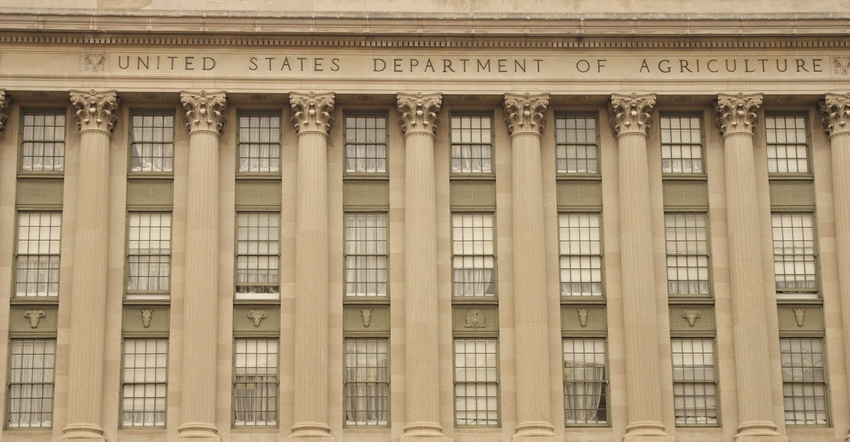Payments under ARC and PLC programs estimated at $8 billion for 2016 crop year, and $1.6 billion to be paid out under CRP for 2017.
October 4, 2017

Agriculture Secretary Sonny Perdue announced that more than $9.6 billion in payments will be made, beginning this week, to producers through the Agriculture Risk Coverage (ARC), Price Loss Coverage (PLC) and Conservation Reserve Program (CRP). The U.S. Department of Agriculture is issuing approximately $8 billion in payments under the ARC and PLC programs for the 2016 crop year, plus $1.6 billion under CRP for 2017.
“Many of these payments will be made to landowners and producers in rural communities that have recently been ravaged by drought, wildfires and deadly hurricanes,” Perdue said. “I am hopeful this financial assistance will help those experiencing losses with immediate cash flow needs as we head toward the end of the year.”
The ARC and PLC programs were authorized by the 2014 farm bill and offer a safety net to agricultural producers when there is a substantial drop in revenue or prices for covered commodities. More than a half-million producers will receive ARC payments, and more than a quarter-million producers will receive PLC payments for the 2016 crop year, starting this week and continuing for the next several months.
Payments are being made to producers who enrolled base acres of barley, corn, grain sorghum, lentils, oats, peanuts, dry peas, soybeans, wheat and canola. In the upcoming months, payments will be announced after marketing year average prices are published by USDA's National Agricultural Statistics Service for the remaining covered commodities. Those include long- and medium-grain rice (except for temperate Japonica rice), which will be announced in November; remaining oilseeds and chickpeas, which will be announced in December, and temperate Japonica rice, which will be announced in early February 2017. The estimated payments are before application of sequestration and other reductions and limits, including adjusted gross income limits and payment limitations.
Also, as part of an ongoing effort to protect sensitive lands and improve water quality and wildlife habitat, USDA will begin issuing 2017 CRP payments this week to more than 375,000 Americans.
“American farmers and ranchers are among our most committed conservationists,” Perdue said. “We all share a responsibility to leave the land in better shape than we found it for the benefit of the next generation of farmers. This program helps landowners provide responsible stewardship on land that should be taken out of production.”
CRP, signed into law in 1985 by President Ronald Reagan, is one of the largest private lands conservation programs in the U.S. Thanks to voluntary participation by farmers and landowners, CRP has improved water quality, reduced soil erosion and increased habitat for endangered and threatened species. In return for enrolling in CRP, USDA, through the Farm Service Agency and on behalf of the Commodity Credit Corp., provides participants with rental payments and cost-share assistance. Participants enter into contracts that last between 10 and 15 years. CRP payments are made to participants who remove sensitive lands from production and plant certain grasses, shrubs and trees that improve water quality, prevent soil erosion and increase wildlife habitat.
You May Also Like



